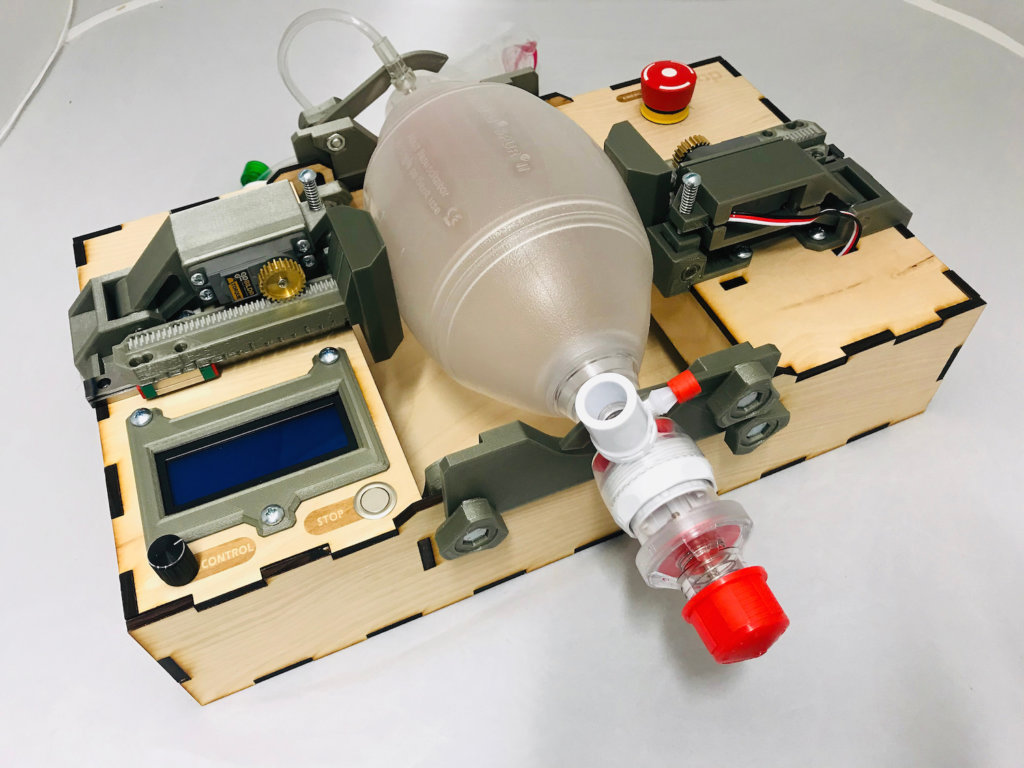Netherlands: Amsterdam District Court Classifies Uber Drivers as EmployeesOn September 13, 2021, the District Court of Amsterdam (Rechtbank Amsterdam)
held that the legal relationship between Uber and its drivers meets all the characteristics of an employment contract. As a result, Uber drivers are covered by the
collective labor agreement for taxi transport, meaning they are eligible to be paid the hourly wage owed under the agreement, including holiday allowance, a surcharge of 9.7% for holidays not taken, and a surcharge of 20% for overtime. Some drivers might be able to claim back pay. In addition, the court ordered Uber to pay the plaintiff, the Federation of Dutch Trade Unions, compensation in the amount of 50,000 euros (about US$58,680) for failing to comply with the collective labor agreement for taxi transport.
Facts of the Case
The applicant in the case was the Federation of Dutch Trade Unions (Federatie Nederlandse Vakbeweging, FNV). FNV negotiates and concludes collective labor agreements on behalf of workers and monitors compliance with these agreements. It is a party to the
collective labor agreement for taxi transport (CAO Taxivervoer), which has been declared generally binding. (
Wet AVV art. 2.) (Case, paras. 1.1., 1.2.) FNV argued that Uber organized the transport services in detail and that Uber drivers were therefore employees of a taxi company. (Para. 3.) As such, they were entitled to back pay under the collective labor agreement for taxi drivers.
The defendant Uber, on the other hand, claimed that it was a technology company only and offered a platform to connect drivers and passengers. It therefore stated that the drivers were self-employed and also questioned whether the drivers even wanted to be considered employees. (Paras. 10–13.)
Decision
The District Court of Amsterdam held that the legal relationship between Uber and its drivers meets all the characteristics of an employment contract, which are set out in
section 7:610 of the Dutch Civil Code (
Burgerlijk Wetboek). The provision states that “[a]n employment agreement is an agreement under which one of the parties (‘the employee’) engages himself or herself with the opposite party (‘the employer’) to perform work for a period of time in service of this opposite party in exchange for payment.” These requirements were specified by the Dutch Supreme Court (Hoge Raad) in the cases
Groen/Schoevers and
X./Gemeente Amsterdam. The court reiterated that an employment contract requires the performance of work, wages, and a relationship of authority (subordination).
With regard to the (personal) performance of work, the court held that “[t]here is no doubt that the drivers work for Uber” as they transport passengers for Uber via the Uber app. (Para. 19.) The court rejected the argument that Uber was a mere technology company offering a platform. Uber drivers must agree to Uber’s terms and conditions to use the platform and offer transport services. The court concluded that the drivers enter into an agreement with Uber to offer transport services. Furthermore, transport services are at the core Uber’s business model. Lastly, Uber ensures that drivers personally perform the work by requiring a selfie before a ride. (Paras. 19–22.)
With regard to wages, the court stated that wages are the agreed consideration for work performed. It held that the fact that the passengers pay the fare to Uber Pay (another entity) and that Uber Pay in turn pays the drivers does not mean that the drivers do not receive a salary from Uber. (Paras. 23, 24.)
Lastly, the court examined the criterion of “authority,” which it determined to be the decisive element of an employment contract. (Para. 25.) It stated that “[i]n today’s technology-dominated age, the criterion of ‘authority’ … deviates from the classical model. Employees have become more independent and perform their work at more variable (self-chosen) times. We hold that the relationship between Uber and the drivers involves this “modern relationship of authority.” (Para. 26.) It explained that drivers are in a position of subordination to Uber as they must accept the non-negotiable terms and conditions to use the Uber app and have no influence on subsequent changes. Furthermore, the algorithm of the Uber app, programmed by Uber, determines how rides are allocated and which priorities are set. Drivers have no influence on the rates for a ride. The court highlighted that the Uber app has a disciplinary effect with low average ratings leading to removal. Even though there is the theoretical possibility to cancel an accepted ride or reject an offered ride, this will lead to exclusion from the app or log the driver off the system. The court concluded that the algorithm of the Uber app has a financial incentive as well as a disciplining and instructing effect. (Paras. 27–33.)
The court held also that Uber must comply with the provisions of the collective labor agreement for taxi transport insofar as they have been declared generally binding, even if the drivers do not wish so. In the court’s view, making the application of generally binding collective agreements dependent on the will of employees would put the effectiveness of the whole system in question. (Para. 42.)
Related Court Decisions
On February 19, 2021, the Supreme Court of the United Kingdom
ruled that Uber drivers are workers entitled to employment law protections.
